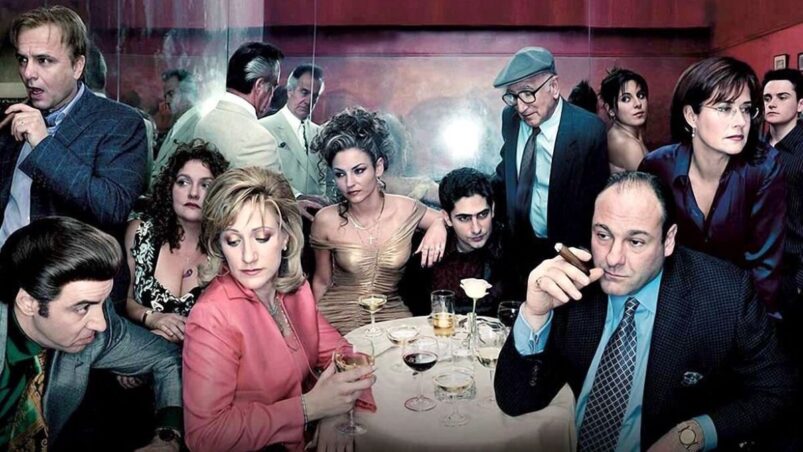For years and years, we’ve been hearing that we’re living in the golden age of television, and it’s pretty tough to disagree with that notion. With hundreds of top-tier shows across dozens of platforms and channels, our only real problem with modern television is finding the time to watch it all.
However, naturally, things weren’t always this way. Many of us will recall a time when there were only a few things genuinely worth watching, and the rest of our time was either spent watching stuff we didn’t care very much about or rewatching the few shows we really liked. Between the standard police procedural, the pedantic family sitcom, and a regular host of game and talk shows, there just wasn’t a whole lot of variety or originality to be had.
So how did we get from that time of middling quality to our current embarrassment of riches? That’s what we’re looking at here, with this list. While technology has no doubt had a part to play in these changes, certain shows changed how we saw the medium and what modern television could be.
1. Buffy The Vampire Slayer
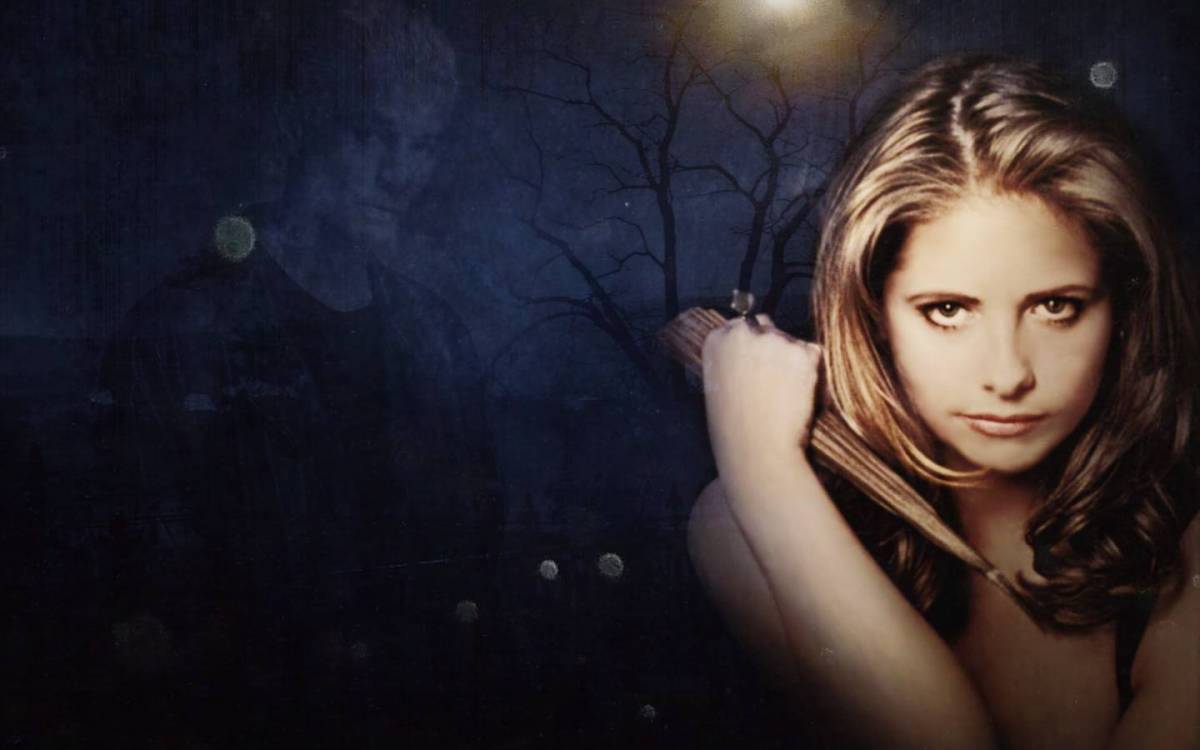
Buffy The Vampire Slayer should not have worked. A television show based on a mildly popular movie released six years earlier, which was dropped mid-season in a late-night time slot, Buffy was seemingly doomed from the jump. Add in the fact that the show was supernatural in its bent, a factor that often spelled doom for shows in the ’80s and ’90s, and you could basically start nailing the coffin lid shut already.
Yet somehow, despite a shaky first season, Buffy The Vampire Slayer became a critical darling. With its sharp writing, serialized storytelling, and an incredibly charismatic young cast (including future phenomenons Sarah Michelle Gellar, Alyson Hannigan, and David Boreanaz), Buffy’s major cult status went on to jumpstart a whole host of paranormal shows across several networks, such as Supernatural and Lucifer.
Further, with its blend of tones, it also allowed more ambitious writing to enter the modern television landscape. After all, if a horror-comedy-science-fiction-fantasy-drama show could succeed, then what on earth couldn’t you try? Finally, Buffy was also one of the first shows to embrace LGBTQ+ characters and even included the first lesbian sex scene on television, for which it ought to be commended.
2. House Of Cards
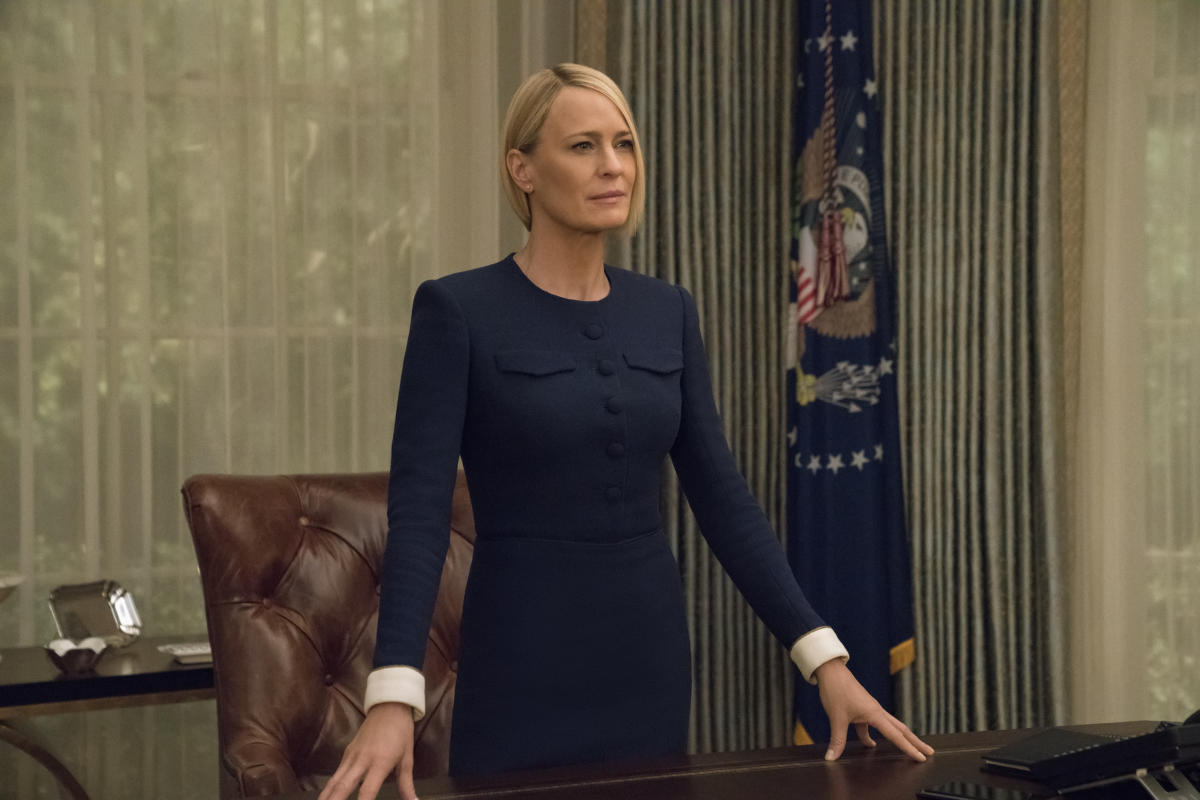
As mentioned in our preamble, technology has had a lot to do with the changes to the television landscape. Top of the heap of streaming giants and first out of the gates, Netflix’s bold gambles have done more to change how we view TV than just about any single entity. With that in mind, it was still its first show, House Of Cards, that Netflix took its most significant roll of the dice on.
With a massive budget, huge stars in Kevin Spacey and Robin Wright, and the notable caveat that no one had ever made a show like this before, a lot was riding on House Of Cards’ success. Being that we now live in an era where dozens of streaming services produce original content on the regular and vie for massive segments of the content market as a result, this was a huge step.
Luckily for Netflix (and us), House Of Cards did indeed succeed. Though its shine began to wane in its final seasons (mainly due to a certain infamous star and the colossal scandal that came to light around his career), the modern television market had already shifted so much prior that it didn’t matter and how we watched TV changed forever as a result.
3. Lost

Though there had certainly been popular science fiction, fantasy, and mystery television shows prior to Lost, none had ever attempted anything as audacious as Lost did. Ostensibly shadow-marketed as a show about people stranded on an island, Lost gradually revealed that there was far more to it than it initially appeared to be, and audiences were instantly hooked.
As our perception of the island and its many characters changed week by week, Lost became one of the most addictive shows on television. Nearly every episode ended on a big cliffhanger and the season finales, particularly the legendary third season closer, offered some of the most jaw-dropping revelations in TV history. The heavily serialized nature of the show and how it leaned heavily into spirituality, philosophy, and science also altered the landscape of television considerably.
No show before Lost had ever had the gall to transform so liberally over its six-season run, and its showrunners were also some of the first to tell a network that they needed to end the runaway hit before it got too long in the tooth. Amazingly, ABC agreed, and while not everyone was happy with the way Lost came to an end, the mark it left on modern television is one that is still making ripples in the waters even over a decade later with shows like Heroes, The Leftovers, and Westworld emerging in its wake.
4. The Sopranos
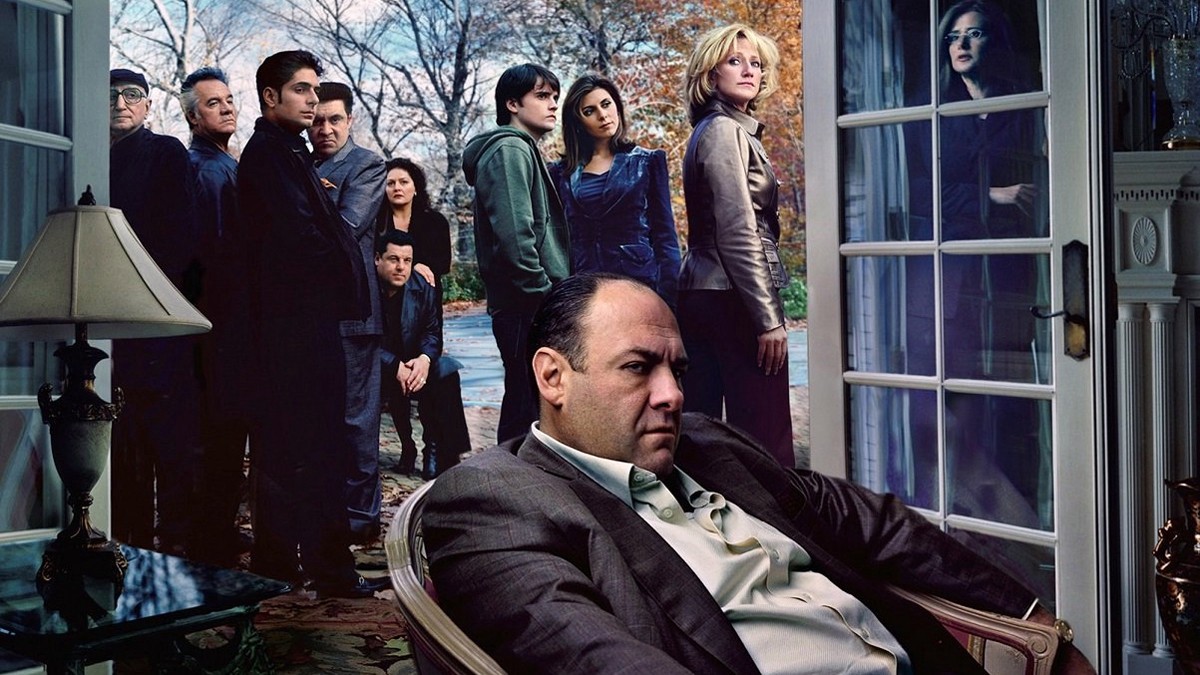
You hear a lot of talk about prestige television these days, but we have one show to thank for that term, and that show is The Sopranos. Mafia shows weren’t really a thing before The Sopranos, and shows with lead characters this unlikable were unheard of. Still, those unthinkable factors were what made The Sopranos such an original prospect and, as a result, so addictive.
Charismatic anti-heroes peppered the cast and as showrunner, David Chase, experimented with themes and tones, the way this show changed its storytelling format from week to week made it true water cooler television. Characters were unceremoniously whacked and the signature dialogue, largely inspired by Goodfellas, always kept viewers entertained, even as The Sopranos grew increasingly lofty in its ambitions.
Though, like Lost, not everyone was crazy about how The Sopranos ended, its insanely talented cast of writers and actors altered the trajectory of modern television forever. Soon after, HBO became the home of must-watch shows like Six Feet Under, Boardwalk Empire, and Game of Thrones. At the same time, The Sopranos’ liberal use of violence, nudity, and coarse language shifted the landscape of TV closer to the realm of movies than any show ever had, something that HBO (Home Box Office) was no doubt aiming for from the start.
5. Twin Peaks
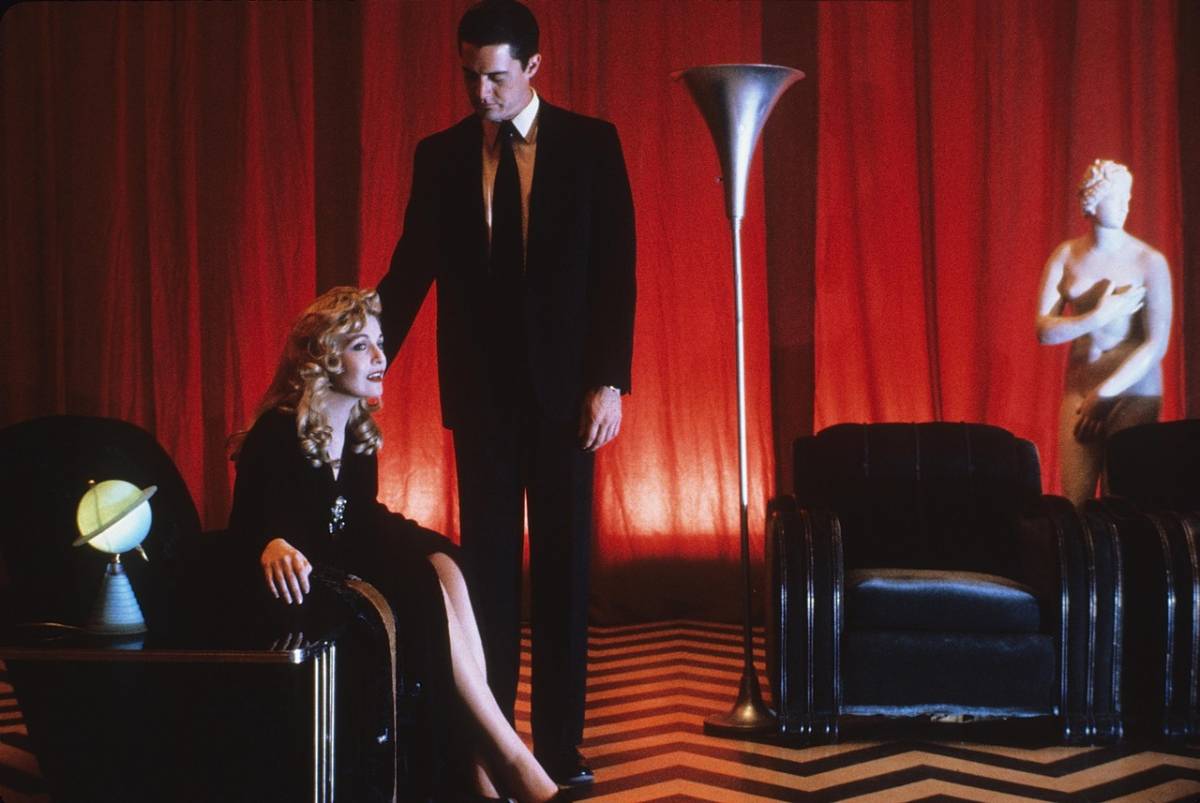
While we’ve had a lot to say about the other shows on this list, being first to the table definitely counts for something, which is a distinction held by Twin Peaks. David Lynch and Mark Frost’s murder mystery/small-town soap opera was appointment television of the highest order, mainly because there had never, ever been a show like it. With its deliberate strangeness, weird asides, odd dream sequences, and genre fluidity, Twin Peaks was so bizarre that even less adventurous viewers just kept coming back.
Anyone who’s seen a David Lynch movie can obviously attest to the signature Lynchian motifs mentioned above, but that crazy level of experimentation with style and tone was something that television hadn’t even come close to replicating. From the long, slow intro on each episode to its deliberate, melodramatic use of music and dialogue, Twin Peaks felt like something completely different from everything else on TV in 1989.
A daring experiment that challenged audiences every week, Twin Peaks lost its way throughout an uneven second season, but, fortunately for the television landscape, the changes it levied had already been made. TV was never the same after Twin Peaks, and we owe David Lynch and Mark Frost an outstanding debt as a result.
READ MORE: 10 Best Bottle Episodes of TV Shows
Some of the coverage you find on Cultured Vultures contains affiliate links, which provide us with small commissions based on purchases made from visiting our site.
